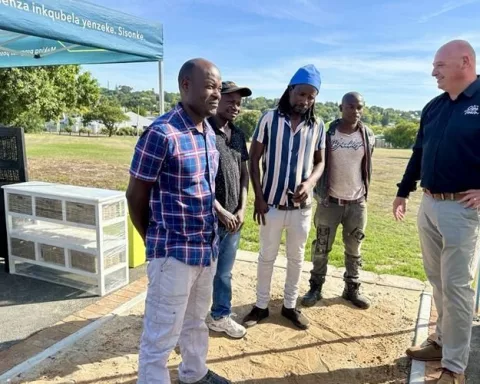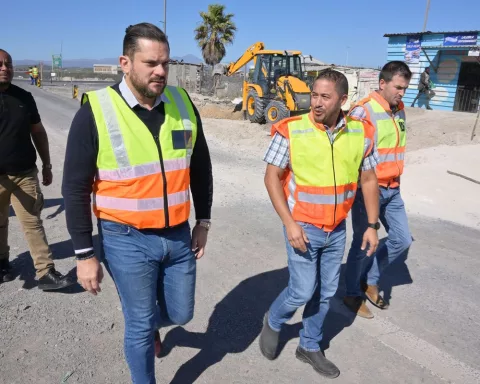The Western Cape has been facing challenges with flooding, which has brought to light the impact of its rapidly growing population. With 11.9% of South Africa’s total population, the province’s increasing population has placed immense pressure on its infrastructure, particularly in terms of water and sanitation.
Addressing the Challenges
In response to these challenges, Cape Town Mayor Geordin Hill-Lewis proposed a budget of R10.9 billion earlier this year to address the issue and improve the province’s response. Furthermore, the mayor pledged to increase investment to R18 billion over the next three years with a focus on upgrading and expanding water and sanitation infrastructure.
Factors Contributing to Rapid Population Growth
The Western Cape’s population growth can be attributed to factors such as migration in search of better job opportunities and improved service delivery. According to Deputy Mayor and Mayco Member for Spatial Planning and Environment Eddie Andrews, areas such as Du Noon, Khayelitsha, Parklands, Eerste Rivier, and Kraaifontein have seen the fastest-growing populations in Cape Town.
Impact of COVID-19 Pandemic
The COVID-19 pandemic and subsequent national lockdown further contributed to the challenges associated with population growth. The implementation of national emergency regulations hindered authorities from taking action against the unlawful occupation of land, leading to an increase in illegal settlements. From March 2020 to December 2021, this led to the creation of 186 new informal settlements, comprising over 69,000 new structures.
Consequences of Rapid Population Growth
The consequences of rapid population growth and unplanned settlements are numerous, with the recent flooding serving as a stark reminder of the consequences of inadequate infrastructure. The strain on water and sanitation systems can lead to severe public health problems, as well as environmental degradation. Moreover, the emergence of informal settlements often results in increased demands on public services such as education, healthcare, and transportation, further burdening the province’s resources.
Mitigating the Negative Effects
The Western Cape’s proactive approach to addressing these challenges is commendable. By investing significantly in infrastructure projects, the province aims to mitigate the negative consequences of rapid population growth and improve overall living conditions for its residents. The focus on upgrading and expanding water and sanitation infrastructure is particularly pertinent, given the current context of flooding and the potential for future environmental challenges.
Sustainable Urban Planning
In addition to infrastructural investments, sustainable urban planning practices such as promoting the use of public transportation, creating green spaces, and encouraging energy-efficient construction can play a vital role in mitigating the impacts of rapid population growth on both the environment and the quality of life for residents.
In conclusion, the Western Cape’s recent experiences with flooding underscore the importance of addressing the challenges posed by rapid population growth. By investing in critical infrastructure and adopting sustainable urban planning practices, the province can work toward creating a more resilient and livable environment for its growing population.












